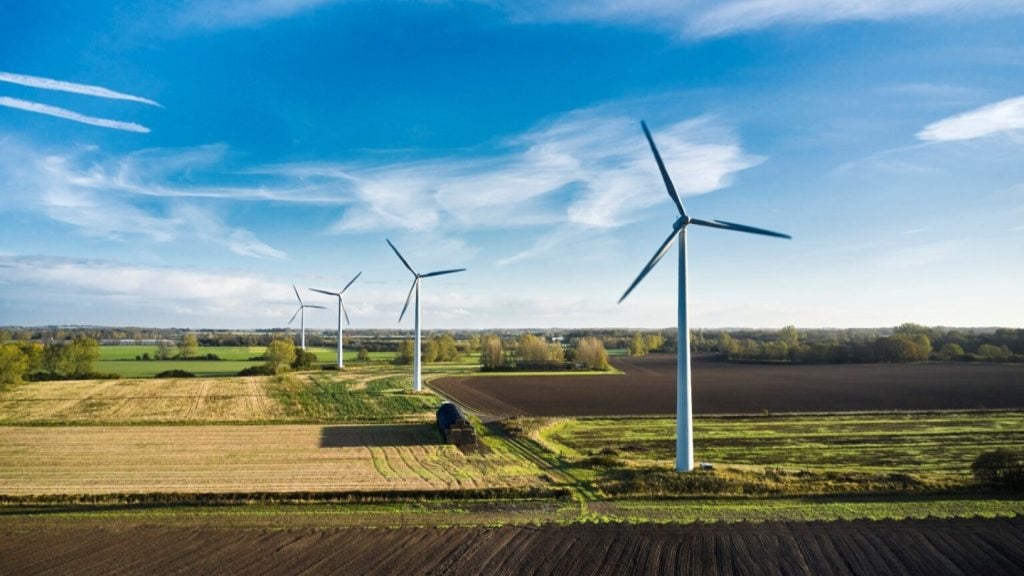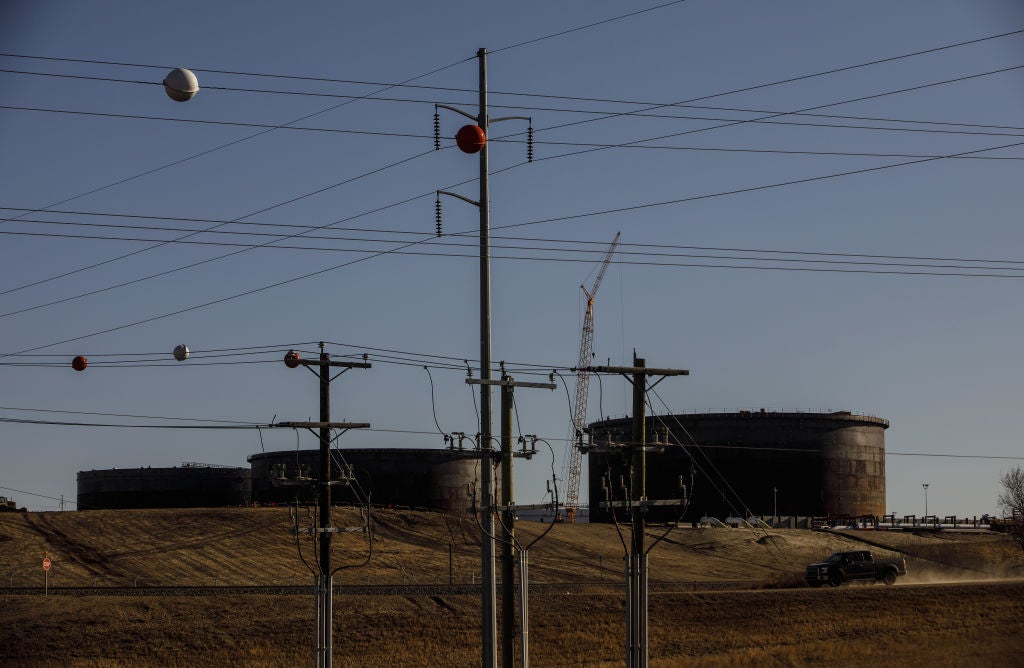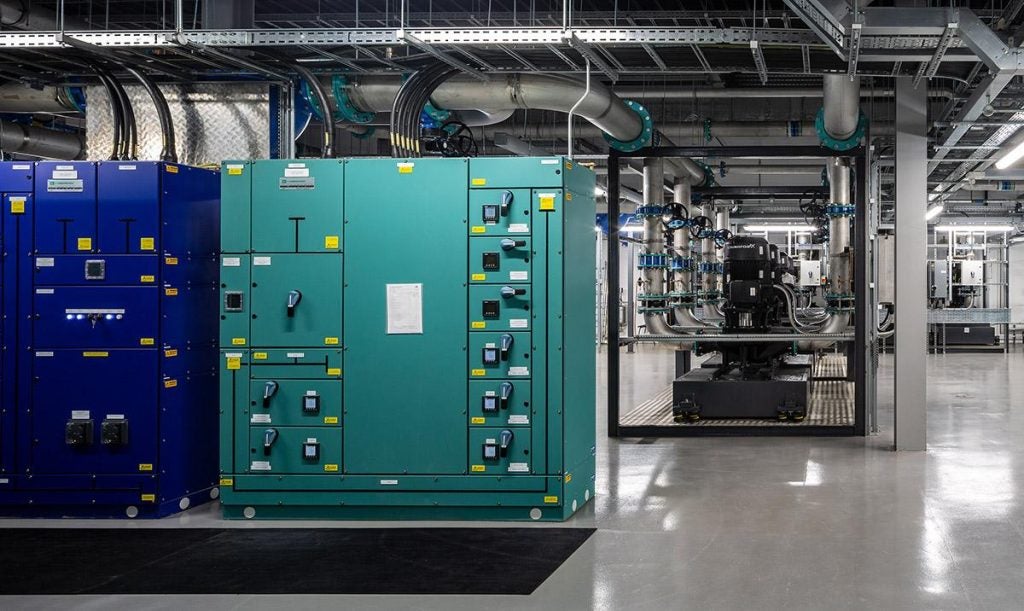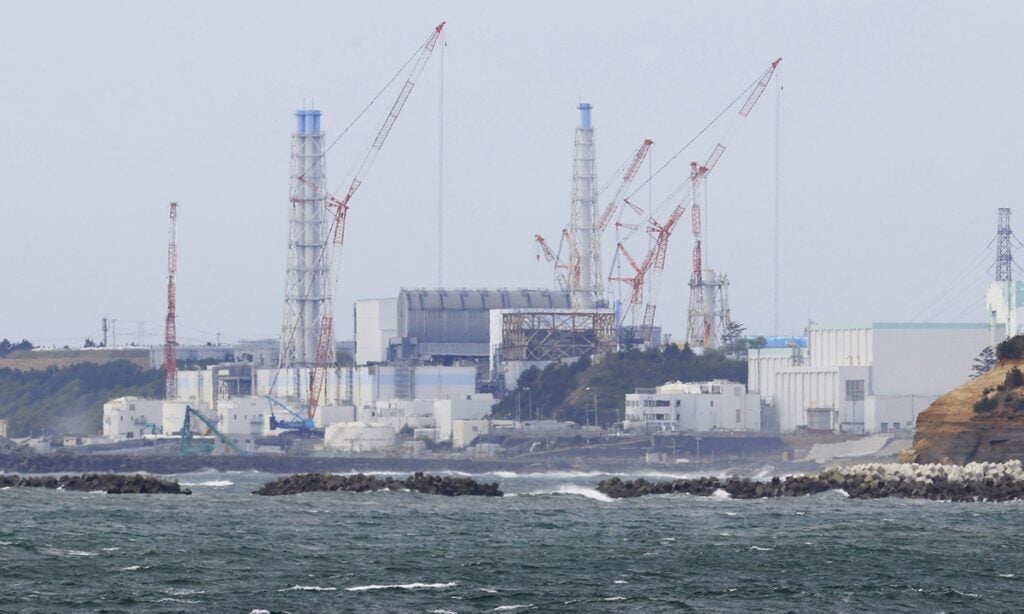In the spring of 2022, tempers were running high at an EU summit of national leaders in Brussels as they grappled with surging energy costs that had just been exacerbated by Russia’s invasion of Ukraine. The prime ministers of Spain and Portugal, under intense public pressure to get energy costs under control, demanded a radical EU electricity market reform. They insisted the EU end its practice of pegging electricity prices to gas prices – something they had been requesting for a long time. After an intense back-and-forth, which even saw Spanish Prime Minister Pedro Sanchez abruptly exit the room at one point, heads of state and government agreed to an “Iberian exception” that would allow just those two countries to deviate from the rules.
However, as the political pressure from high energy prices continued to pile on, that “Iberian exception” started to look more and more appealing to others. So the European Commission agreed to look into ending the “merit order” system to determine electricity prices, in which the most expensive (in practice, gas) power plants set the overall price. Commission President Ursula von der Leyen promised a major market overhaul to get energy prices under control in her State of the Union speech in September 2022.
Since then, however, energy prices have come down, weakening the imperative for a major EU electricity market reform. Also, in the meantime, various stakeholders including the power sector began a fierce lobby against any major changes – inundating a three-week public consultation in January 2023 with concerns. A deal reached between the European Parliament and Council (national governments) in late December, which must still be confirmed by a vote in each institution, has largely ended up a damp squib. Energy transition campaigners have actually denounced it for creating an exemption to allow a temporary increase in coal use.
Coal-fired power stations will be able to continue receiving state support as part of capacity mechanisms in the EU, thanks to an exemption pushed for by Poland, and backed by Bulgaria and France. Capacity mechanisms pay power stations to be available when needed to ensure security of supply. The exemption will last until the end of 2028. Centre-left Spanish MEP Nicolas Casares, who handled negotiations on behalf of the parliament, said at a press conference after the deal was reached that the coal exemption is a “bitter pill to swallow”. However, he said national governments had insisted that “some parts of our continent might have a supply problem given the geopolitical situation and their energy capacity situation”.
Changes: a cap on profits, PPA support and energy security
The final deal does change a few things. Contracts for difference (CfDs), which are long-term price support contracts between public and private entities, will be adjusted so that energy companies need to reimburse their customers if profits exceed a certain threshold. Such two-way CfDs will apply to investments in new power generation facilities based on wind, solar, geothermal, small-scale hydropower and nuclear energy. The rules will only apply three years from now in order to maintain legal certainty for ongoing projects.
“Thanks to this [electricity market reform] agreement, we will be able to stabilise long-term markets, speed up the deployment of renewable and fossil-free energy sources, offer more affordable electricity to the EU’s citizens and enhance industrial competitiveness,” Spanish Energy Minister Teresa Ribera, who led negotiations on behalf of the Council, said after the deal was reached in December.
The reform will also give national governments the ability to support the purchase of renewable power by companies through power purchase agreements (PPAs) in ways that would previously have conflicted with EU state aid rules. These rules guard against government support to companies that would engender unfair competition. The EU Agency for the Cooperation of Energy Regulators will assess how PPA support initiatives affect the market based on information in a database provided for in a “REMIT” regulation agreed earlier in 2023.
The new electricity market rules will give the Council the power to declare an energy crisis, and sets the criteria for doing so. A crisis would require a sustained period of price volatility or significant increase in prices over a short period. If such a crisis is declared, national governments will be able to reduce electricity prices for vulnerable and disadvantaged customers. Provisions aimed at avoiding undue distortions or fragmentation in the internal market would also kick in.
In order to increase energy security, capacity remuneration mechanisms have also been reinforced to make them a more structural element of the electricity market. In future they would, for instance, be built into contracts.
Reactions to the EU electricity market reform: underwhelmed
Stakeholders have generally been underwhelmed by the reforms after all the big talk a year ago. Marta Anczewska, an energy systems expert at the NGO CAN Europe, called the result “disappointing”, particularly the provision that will allow continued subsidies for coal-fired power plants.
“Other alarming developments are the actions of pro-nuclear member states, who have brokered deals with countries who favour the continued reliance on fossil fuels, sidelining renewables,” she said in a statement. “France’s activity throughout the entire negotiations has been flagrant – seizing control of the discussion to gain state support for the existing nuclear fleet via contracts for difference, and not shying away from supporting coal reliant member states [in return].”
European consumer organisation the BEUC had a muted response, calling the changes “good news for consumers” but not suggesting any major shift. Industry association SolarPower Europe welcomed the agreement, saying it will provide a “clear path forward” for investments into renewables. Business will benefit from, and be encouraged to sign, PPAs, backed by national guarantees, said Naomi Chevillard, the industry association’s head of regulatory affairs, in a statement.
“It also includes very positive provisions that will support a smoother connection to the grid and help Europe more than double its energy flexibility resources by 2030," she added. "Consumers will have the right to request a flexible grid connection agreement, under strict conditions.”
In the end, the central element of that fiery debate two years ago – more state intervention pitted against a firmly market-oriented approach – seems to have been largely won by the latter. The liberal Renew Group in the Parliament welcomed that.
“This paves the road for a faster green transition by keeping the market at the centre of the reform, ensuring greater protection for European consumers without sacrificing the principles of competition,” said Danish Liberal MEP Morten Helveg Petersen in a statement. Noting that his group strongly advocated maintaining a market-based approach that did not allow for significant state interference, he added: “This deal also gives stability and predictability, so we can deploy renewables into our energy system at a much faster pace, as well as a much-needed framework for cheaper and greener energy to all Europeans.”
A vote by the full Parliament and Council to rubber-stamp the deal is expected in the next two months, just before the Parliament adjourns to start campaigning for the European election in June.
















